Differences between rodents show limitations of models
The same autism-linked mutation can lead to dramatically different behaviors in rats and mice.
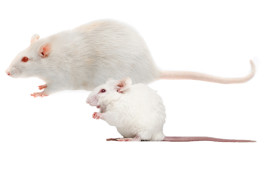
The same autism-linked mutation can lead to dramatically different behaviors in rats and mice.
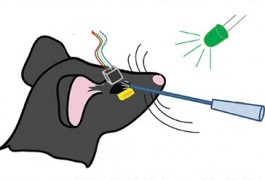
Mice carrying any one of five autism-linked mutations struggle to associate a flash of light with an irritating puff of air. The findings suggest that the mice have trouble integrating information from multiple senses — a skill governed by the cerebellum.
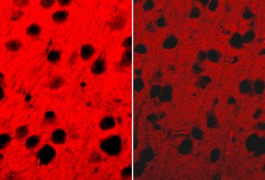
An autism-linked mutation in the SHANK3 gene alters the protein skeleton of mouse neurons. Repairing the scaffold eases the animals’ social deficits.
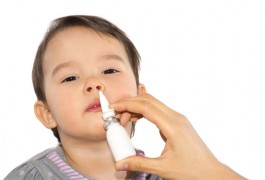
The hormone oxytocin is proceeding into clinical trials for people with the autism-linked disorder Phelan-McDermid syndrome, researchers revealed yesterday at the 2015 International Meeting for Autism Research in Salt Lake City, Utah.
Some newborn horses have features of autism, and researchers argue over who first described the disorder.
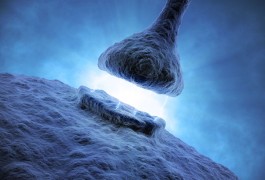
Researchers have for the first time isolated and characterized protein complexes found at the points of connection between neurons. Mutations in some of these proteins are linked to autism.

Scientists reflect on the current state of autism research as the 2014 Society for Neuroscience annual meeting in Washington, D.C. comes to a close.
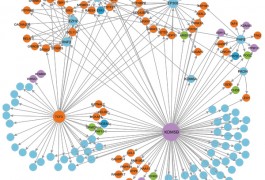
Finding people who have an autism-linked mutation but no apparent symptoms may be the key to identifying drug targets for the disorder, says Thomas Insel, director of the National Institute of Mental Health.
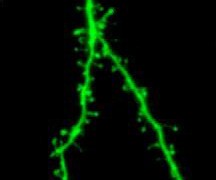
The SHANK family of proteins, some of which are strong autism candidates, work together to facilitate brain signaling, according to unpublished results presented yesterday at the 2014 Society for Neuroscience annual meeting in Washington, D.C.
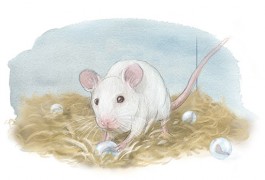
Each of four different mutations in SHANK3, a leading autism candidate gene, leads to a different set of symptoms in mice, researchers have found. They presented their unpublished results on Thursday.